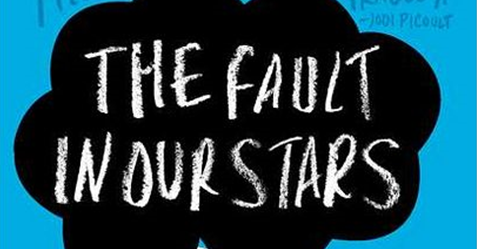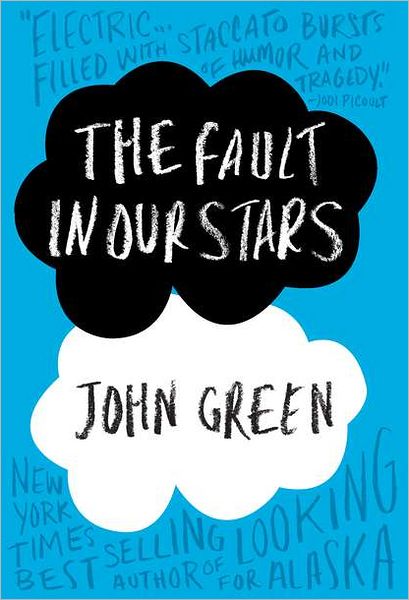
February 9, 2015, by Sunita Tailor
In Defence of ‘Commercial Fiction’
This blog post was written by first year English and Hispanic student, Sally Hirst from the School of English.
I, like many other English students, have been prone to moments of literary snobbery in my life. I fully disdain the famed 50 Shades of Grey and its rise to popularity. However, much of this ‘mainstream fiction’ gets far more hate than it deserves, and fans of such stories should not be subjected to the sneers and snide comments of those who bury their noses in Austen in the local Starbucks on a daily basis.
Literary snobbery was brought to my attention around the time that Twilight found its way into the bedrooms of so many young teenagers. Furthermore, I was surprised to find that many adults shared this love for the vampire romance. In fact, much fiction aimed at ‘young adults’ attracts an older audience. These are the kinds of novels that are slated by classic literature fanatics everywhere. The self-satisfied smirk plays about their lips as they set down their well-thumbed copy of Sense and Sensibility beside their Starbuck’s Signature Hot Chocolate and set to attacking the fans of The Fault in Our Stars at any given opportunity. A piece of classic literature may seem sophisticated and may appear to be a work of genius to some, but it isn’t to everyone’s taste. Just because a novel is modern, or ‘mainstream’, or the author owns an active account on Twitter doesn’t mean it is unsophisticated literature. Also, to address fans of more commercial literature, a novel’s status as a ‘classic’ doesn’t mean it is pretentious or a boring read.
There is a whole host of genres to explore, an infinite collection of novels to lose oneself in. A person’s taste in literature does not reflect how intelligent or sophisticated they are, whether they like Brontë or The Hunger Games or, like me, both.
No comments yet, fill out a comment to be the first


Leave a Reply